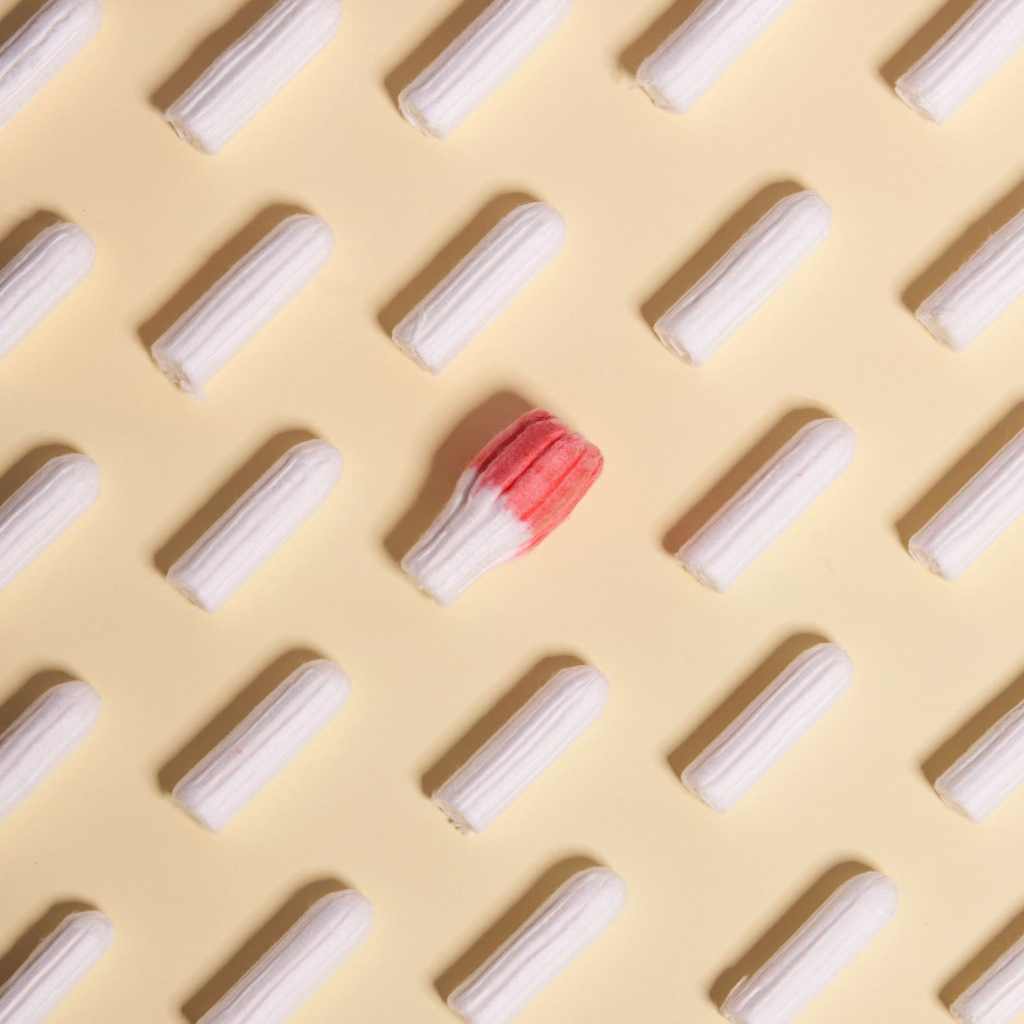Welcome to POPSUGAR Uninhibited, a space where anyone with a period can come for advice, recommendations and support. Here, we’ll tackle topics like PMS, sustainability, post-partum periods and bring you first-person experiences in our period diaries. We also want to raise awareness around period poverty, with the aim to ignite change with the help of our launch partner Modibodi and charity partner Share the Dignity. You can find all of the stories here.
Having your period is a normal and healthy part of life for people with vulvas, and with 800 million people around the world menstruating daily, it’s unbelievable just how taboo the topic still is in 2021. It’s not the most comfortable experience to go through, but for people living in poverty, getting their period can be a source of stress and shame.
Every single menstruating person has the right to affordability, accessibility and safety of sanitation products, this is referred to as period equity. But for many low-income households, that basic requirement starts to look like a luxury. Alongside cramps, mood swings and back pain, those who suffer from the affects of period poverty are also facing the prospect of serious health issues due to the unhygienic conditions they’re subjected to.
So what can be done about it?
Talk About It
The first step to eradicating period poverty is to talk about it. A person’s menstrual cycle should not be a topic of contention and opening up the conversation ends the stigma surrounding it. With so many unaware of the gravity of the problem, passing on information and discussing the problem at hand will help educate and inform, sparking a desire in people to try and make a difference.
Dr Ruth Knight from the Australian Centre for Philanthropy and Non-Profit Studies at QUT Business partnered with period poverty charity Share the Dignity to carry out research on the global problem, and after interviewing staff from 12 schools in Queensland, concluded that there is a major stigma surrounding the issue of periods and period poverty, making people embarrassed to ask for help.
“They felt that students generally loathe their periods and given periods are a sensitive topic, this compounds the embarrassment and shame in talking about the topic, which may prevent some girls asking for help or advice,” said Dr Knight.
Periods should no longer remain a secret, one that’s kept on the down-low because you don’t want your neighbour to know that you bleed from your uterus every month like millions of other people around the world. It’s time to open the discussion.
Rally For Change
Did you know, over one-third of young Australian women have missed at least one class in either school or university due to the pain of menstrual cramps and fatigue? And the stats begin to get much worse when Indigenous Australian communities come into play, hindering their chance to live life to the utmost fullest.
Research conducted by the Australian Indigenous Health Bulletin suggests this is due to the increasingly high cost of hygiene products and the embarrassment some young people feel when they’re on their period.
Periods may seem like a physical phenomenon, and while it inherently is, the lack of sanitary items can seriously start to affect one’s mental health as they’re unable to cope with the profound shame and embarrassment they’re made to feel. But there is some hope. After Share the Dignity spent close to 20 years campaigning, the state and federal governments finally decided to abolish the $30 million a year tax on tampons and other sanitary items.
Through the power of social media, Share the Dignity’s founder Rochelle lobbied for equality which resulted in a petition with over 104,000 signatures. The media and many notable personalities got involved, showing there is nothing more powerful than our voice.
It was a long time coming, but on January 1, 2019, the “tampon tax” was officially axed marking a huge win for the fight against period poverty. There’s still a long way to go, but this was definitely a step in the right direction.
Free Sanitary Items in All Schools
Last year, Victoria was the very first state in Australia to offer free sanitary items in all government schools. Commencing in term three in 2019, the $20.7 million initiative saw dispensing machines installed in every school. South Australia followed closely behind, announcing in February of this year that will also be providing free sanitary products to all female students in year five and above.
“We are committed to working with schools on improving student wellbeing and removing barriers to learning,” said the South Australian Education Minister John Gardner at the time. “We want to ensure that no girl or young woman in South Australia is missing school because they don’t have access to sanitary products.”
But it’s now time for the rest of Australia to follow suit. While NSW announced a trial earlier in the year which will see pads and tampons be given for free so students aren’t missing out on valuable school time, there is still a lot more work to be done. Pads and tampons should be easily accessible, so it’s now time to raise your voice so the rest of Australia follows in the same footsteps as Victoria and South Australia.
You can find tips on how to raise this issue with your local representative here.

